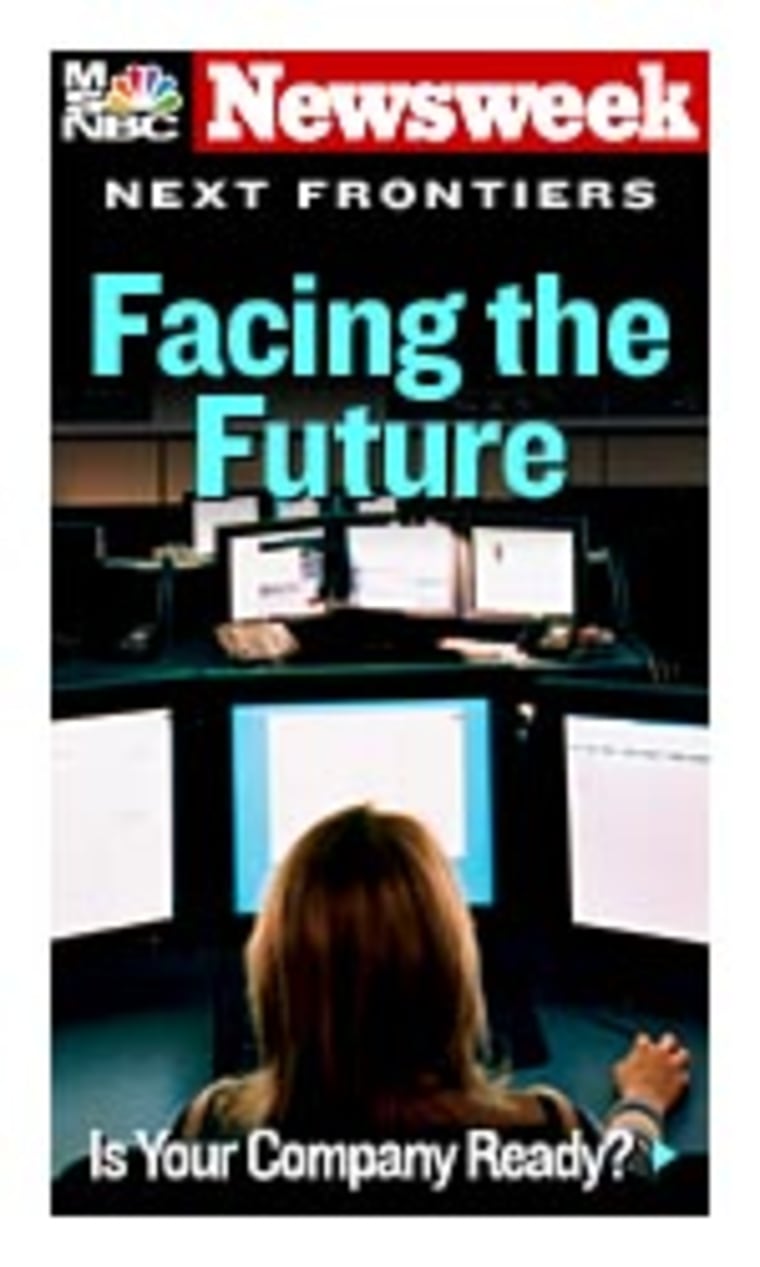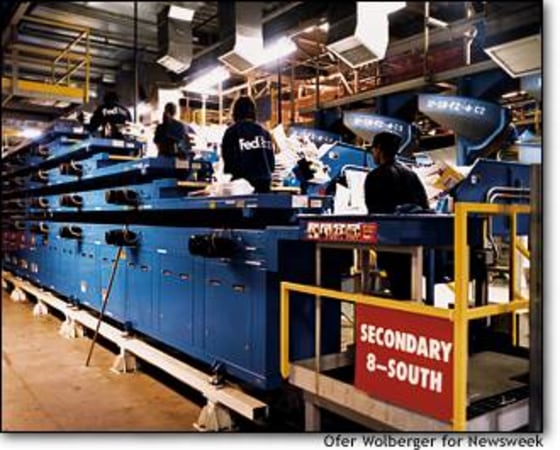Talk about a tough bunch of customers. When FedEx first introduced overnight package service in the 1970s, it was a pretty nifty trick. Today, it’s not enough to just deliver 3.5 million packages per day around the world with a fleet of 650 planes and almost 100,000 trucks. Now people want to know where their package is at every second of its journey. “We have to be very responsive to that,” says Robert Carter, the chief information officer of Memphis, Tenn.-based FedEx.

SO NOW A package sent overnight from Omaha, Neb., to Honolulu, for example, will be scanned and tracked an average of 12 times from the moment it’s picked up. This summer FedEx will give a new handheld device called the PowerPad to its 50,000 couriers. The company spent more than $150 million developing it with Motorola and AT&T, and FedEx projects that the wireless PowerPad will cut 10 seconds from every transaction, for a $20 million annual savings. It can give real-time, online data about rates, customs clearance or weather conditions that may affect delivery. Using Bluetooth wireless technology, the PowerPad communicates with a printer on the courier’s waistbelt to create bar-coded shipping labels. Tracking and customs information about packages are transmitted by the PowerPad instantly to FedEx’s main computers, long before the courier ever gets back to the truck. That kind of connectivity is particularly useful for couriers making pickups and deliveries in tall office buildings, when they’re away from the computers in their vans for long stretches. In effect, the PowerPad makes FedEx couriers virtual walking offices. “It is taking that connectivity and extending it all the way to the edge, where we interface with our customers,” says FedEx’s Carter.
Next up: the Anoto Pen, being tested this summer in Asia. It’s a Bluetooth-equipped pen that takes handwritten notes and wirelessly transmits them to the PowerPad, and then to FedEx’s mainframes. The electronic pens are expected to save yet more time—and money—at each transaction, since there’ll be no need for workers to re-enter any information that customers write by hand on shipping and delivery forms. Refined voice-recognition technology may also soon allow couriers to communicate hands-free with company computers as they drive in their vans. We just hope it will recognize “time for a coffee break.”
© 2003 Newsweek, Inc.
